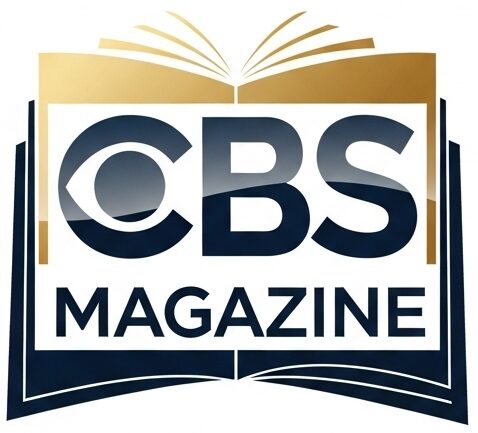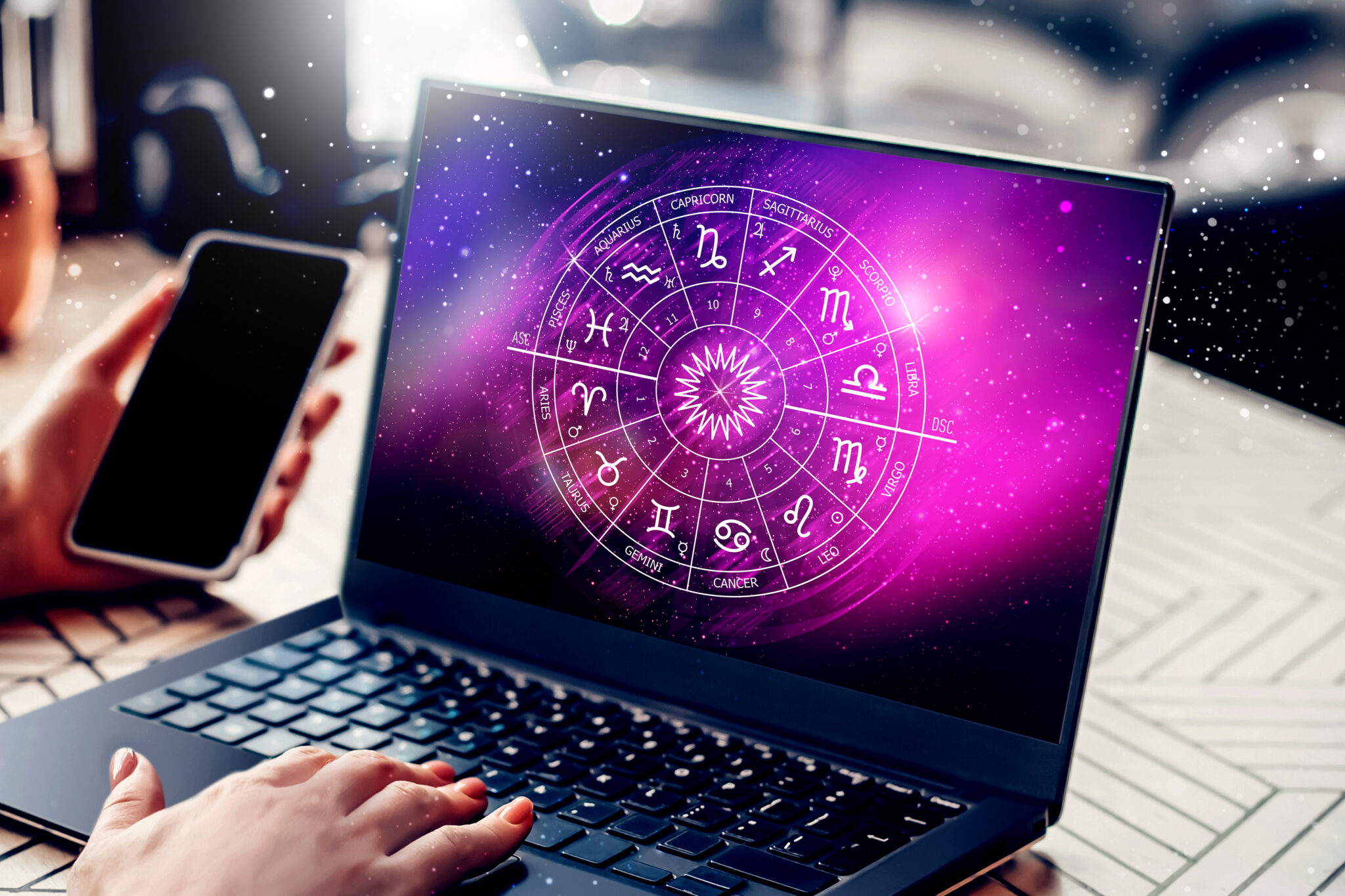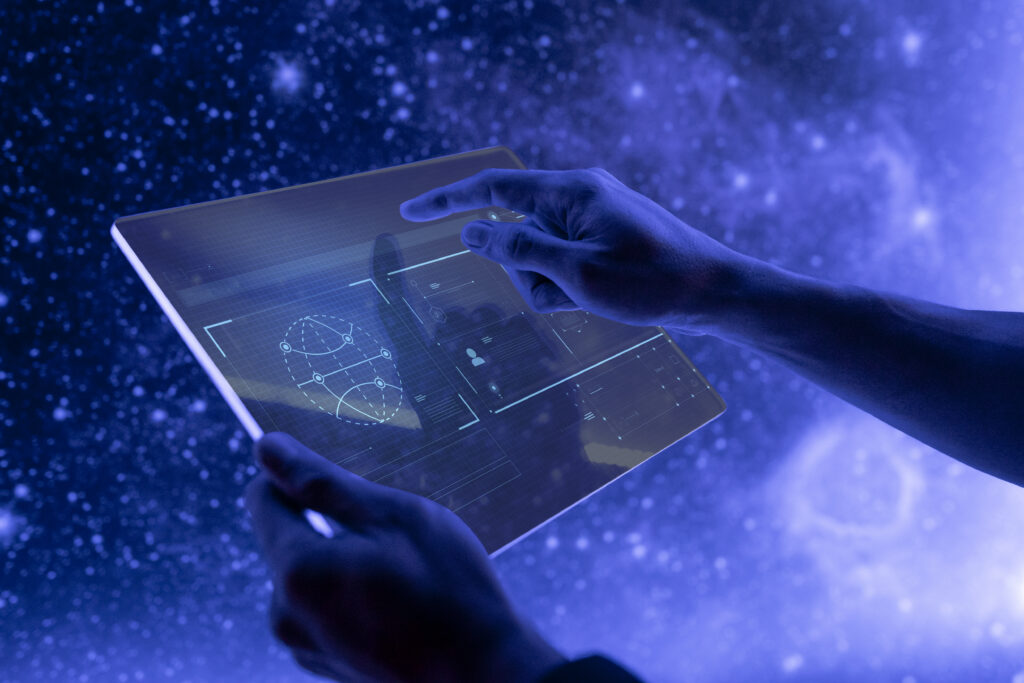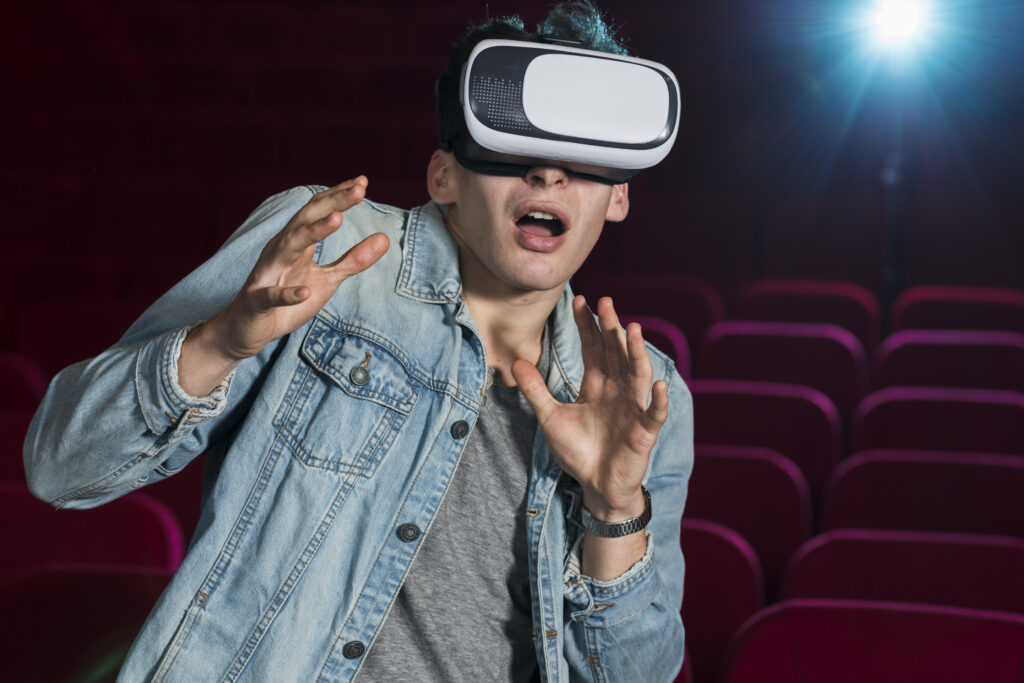Not too long ago, checking your horoscope meant waiting for days, sometimes weeks, just to sit down with an astrologer in person or flipping through the daily newspaper to find a two-line prediction that was so vague it could have applied to practically anyone.
Now, all it takes is a smartphone.
The question is: what changed? What turned this old ritual of horoscope reading from something slow and distant into a digital experience that feels personal and almost instant? The short answer is AI astrology apps. These platforms go a step beyond the generic one-size-fits-all readings. They use data and algorithms to create predictions that feel tailored, since they are entirely based on your personality, habits, moods, and even life patterns.
Unlike the early astrology apps, which simply recycled the same text for everyone under a zodiac sign, the AI-powered versions are more dynamic. They adapt, they “learn” from planetary shifts, and they try to make astrology feel interactive and available whenever you need it.
In the next sections, we’ll dig into how these AI astrology apps actually work, why people are drawn to them, and what their benefits and downsides look like.
What are AI Astro Apps and How Do They Work?
One of the first questions curious seekers ask is: What makes AI astrology apps any different from reading a horoscope in a newspaper column or even using a random astrology app? The short answer to this is data and personalization. When you enter your birth details – the time, date, and place – an AI app creates your birth chart and then analyzes your planetary positions, zodiac signs, and app movements to give personalized insights.
The more you use these apps, the more they study what part of the app you click on most, how often you return to a certain column, and the type of insights that seem to resonate. The result of this analysis is a mix of daily horoscopes, compatibility readings, mood tracking, and sometimes reminders, nudges, and prompts that make the experience feel less like reading a static horoscope and more like a personal cosmic guide.
The reason people find them appealing is quite clear: elimination of wait-time, zero appointments, and a complete absence of generic one-size-fits-all statements. In that sense, AI astrology apps feel less like a passing trend and more like a shift in how horoscopes are delivered.
How Does AI Personalize Your Horoscope?
Personalization is the one area where AI astrology apps stand out, especially when compared with the more standard horoscope sources like newspapers or even basic astrology apps. Traditional horoscopes usually give a broad statement, something along the lines of, “Today might be a difficult day for relationships.” That could make sense to some readers, but of course, it won’t connect with everyone, especially people who are single.
AI-based apps take this broad advice and push it further. They begin to notice patterns in how you use them. For instance, if you have been checking the relationship section regularly or spending more time on love-related predictions, the system will lean toward giving you more detailed insights about love and relationships. For another person, born under the same sun sign but engaging with the app differently, it might shift focus toward career predictions instead. The outcome is that two people with the same zodiac sign don’t necessarily receive the same horoscope – the advice adjusts to the individual’s in-app behavior.
The great thing is that these predictions are not static; today’s notification could say, “With the Moon in Cancer today, your emotional sensitivity is heightened, consider connecting with an old friend,” but tomorrow’s could be something opposite based on what your day’s planetary movements and app interaction have been. To achieve this more precisely, some apps even track your movements and trends over weeks and months, helping you notice patterns in habits, moods, and interactions.
This kind of personalization makes AI astro apps feel intimate, making it astrology for YOU, which is shaped by your habits and choices. The result is a reading that feels relevant and extremely accurate.
What are the Benefits of these AI Astro Apps?
One of the top reasons why people keep coming back to AI astrology apps is that it’s fun. A majority of these popular apps, like HiAstro or The Pattern, and even Co-Star, gamify astrology in subtle ways through streaks, social sharing, and engaging push notifications. You can even compare your chart with a friend’s to see compatibility, track daily moods, or even see how the planetary changes correlate between the two of you.
But entertainment is not the primary benefit; personalized horoscopes spark introspection, help with mood tracking, or even guide small life decisions – all this while providing accessibility, convenience, and an easy integration with lifestyle tools like meditation trackers or journaling apps. Every single one of these elements makes astrology feel modern, relevant, and comforting, especially for the Millennials and Gen Z.
In addition to all of this, AI astro apps can highlight challenges or opportunities that might go unnoticed. While a traditional horoscope could say, “Be cautious at work today,” an AI-powered app would remind you of the deadlines, suggest reflective exercises, or even point out that there could be some interpersonal tensions – all based on your behavioral data. This combination of engagement and practical insights is what keeps the users hooked to the application on a daily basis.
Looking forward, the future of AI astro apps seems all the more immersive. We can see the benefits expanding with the hybrid models that combine human astrologers with AI to offer both personalization and intuition. It is also expected that these apps would integrate lifestyle advice, mental health prompts, and habit tracking – transforming from a simple horoscope app into a daily companion.
What are the Limitations and Scepticisms Attached to AI Astrology Apps?
No technology is error-free, not even artificial intelligence, which is based on millions of relevant datasets. The issue with this technology is that it fails to understand emotions, so, although AI can personalize readings and find patterns, it fails to give solutions when something goes wrong or empathize with the reader when their horoscope tells something scary – a situation that makes relying on them with critical life decisions a risky move.
Privacy is another concern, especially when the data that you put into getting cosmic insight – birth details, location, and behavioural data – is so personal, and there is little to no transparency into how an astrology application handles that information responsibly.
Lastly, despite direct access to all the intelligence in the world, the human touch remains missing in AI astro apps. No algorithm can ever replicate an astrologer’s intuition or understanding of a cultural nuance, keeping people from experiencing the assurance or concrete answer they could need.
Personalized Horoscopes – The New Future
AI astro apps have completely changed the way we experience astrology by combining convenience, personalization, and entertainment, making horoscopes feel accessible and relevant in our fast-paced digital lives. While they can never replace the nuanced human understanding, they do offer an insightful, engaging substitute – a way to check in with the cosmos at the moment in the most fun, immersive manner possible.






















